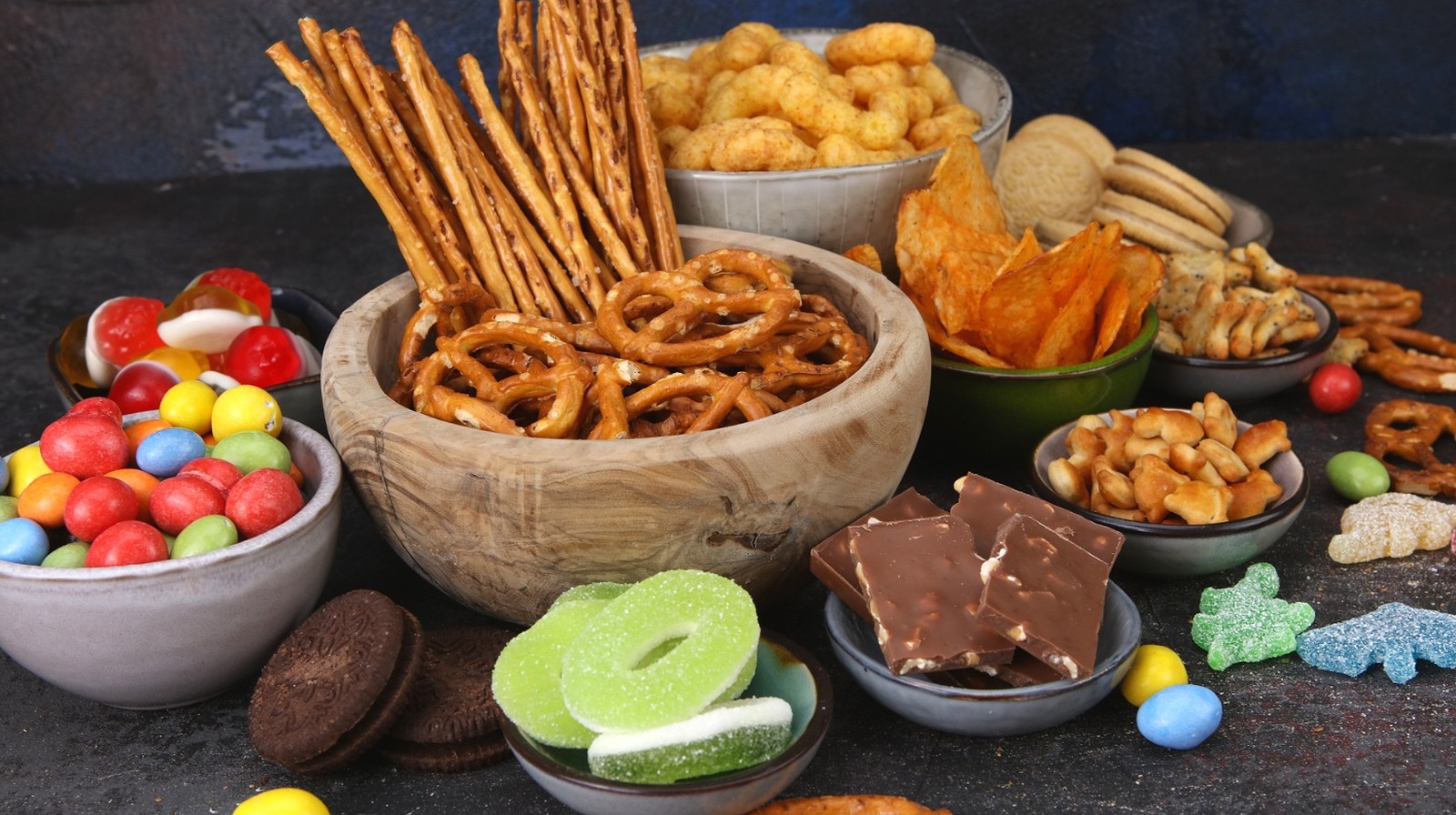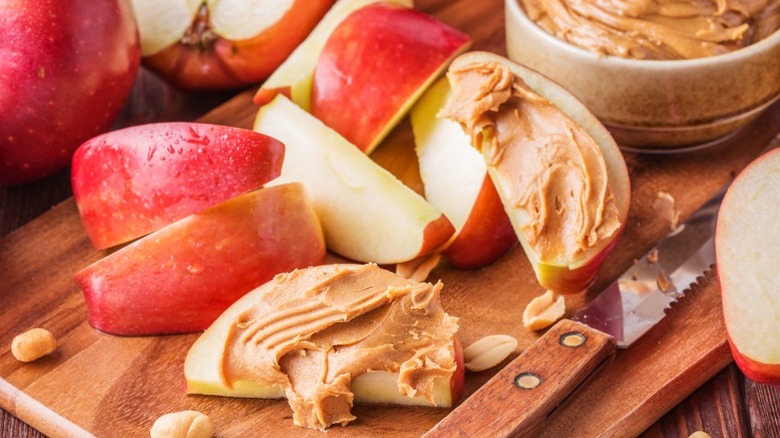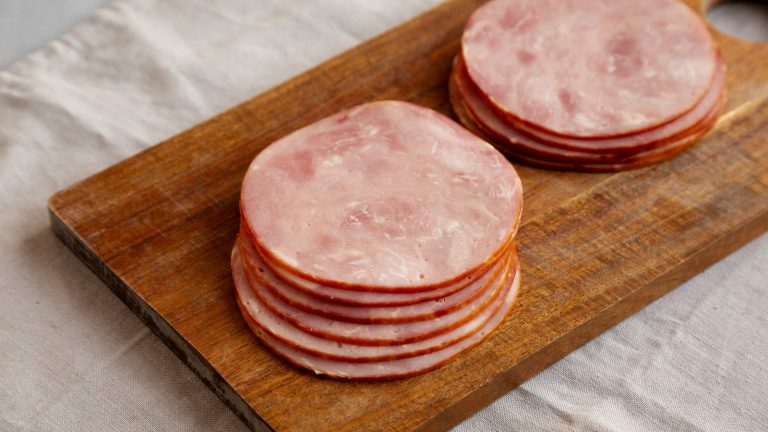Most people fall into two categories when it comes to snacking habits: sweet or salty. Are you the type to pop frozen french fries in the oven or grab vanilla ice cream from the freezer? You might even crave one after eating the other. It turns out that there are reasons why we get these cravings, and Chowhound spoke exclusively with an expert to break down the science for us.
Kantha Shelke, PhD, CFS (Certified Food Scientist), is a senior lecturer for Food and Safety Regulations at Johns Hopkins University, and the principal at food science and research firm Corvus Blue LLC. As someone who knows the ins and outs of food science, Shelke says, “Cravings for sweet or salty [foods] stem from a complex mix of biology, psychology, and personal history.” The human body needs to maintain certain levels of sodium and glucose to reach peak performance, and the amount of salt and sugar we consume can balance or imbalance those levels.
“Sweet cravings often signal a need for quick energy, especially under stress, as sugar boosts dopamine — the brain’s reward chemical,” she says. “Salty cravings may reflect electrolyte balances from dehydration or physical exertion. Salt also activates calming pathways in the brain, making it a common comfort craving during stress.”
Balancing sweet and salty cravings
Sweet foods tend to be a more aggressive craving for a lot of folks, and Kantha Shelke explains that humans have an innate preference for sugar because the first food people are exposed to is human milk in infancy, which is a very sweet food. She links this to sugar’s dopamine stimulation. “Evolution has wired us to seek out sweet tastes, making them more appealing and satisfying,” she says.
Salt doesn’t seem to have the same effect. It’s essential for balancing fluids in the body and enhancing flavor in food, especially when paired with sweetness, but it doesn’t activate the brain’s reward system in the same way as sugar. This can become an issue when people exceed their recommended sugar intake, increasing the risk of heart disease and strokes from blood vessel inflammation. On the other hand, excessive salt intake can also have negative heart health outcomes and increase blood pressure.
“Nutritionists, however, emphasize moderating both sugar and salt levels for optimum heart health,” says Shelke. “Practical steps include limiting packaged foods and sugary beverages, using herbs and spices for flavor to help reduce the amount of salt and sugar, and choosing healthier alternatives for snacks and drinks.”
Staying hydrated, getting enough sleep, managing stress, and giving your body the right nutrients can curb excessive cravings. If you’re worried about your sugar and salt intake, consulting a medical professional can help you determine the best foods for your body’s needs. It’s all about balance!






